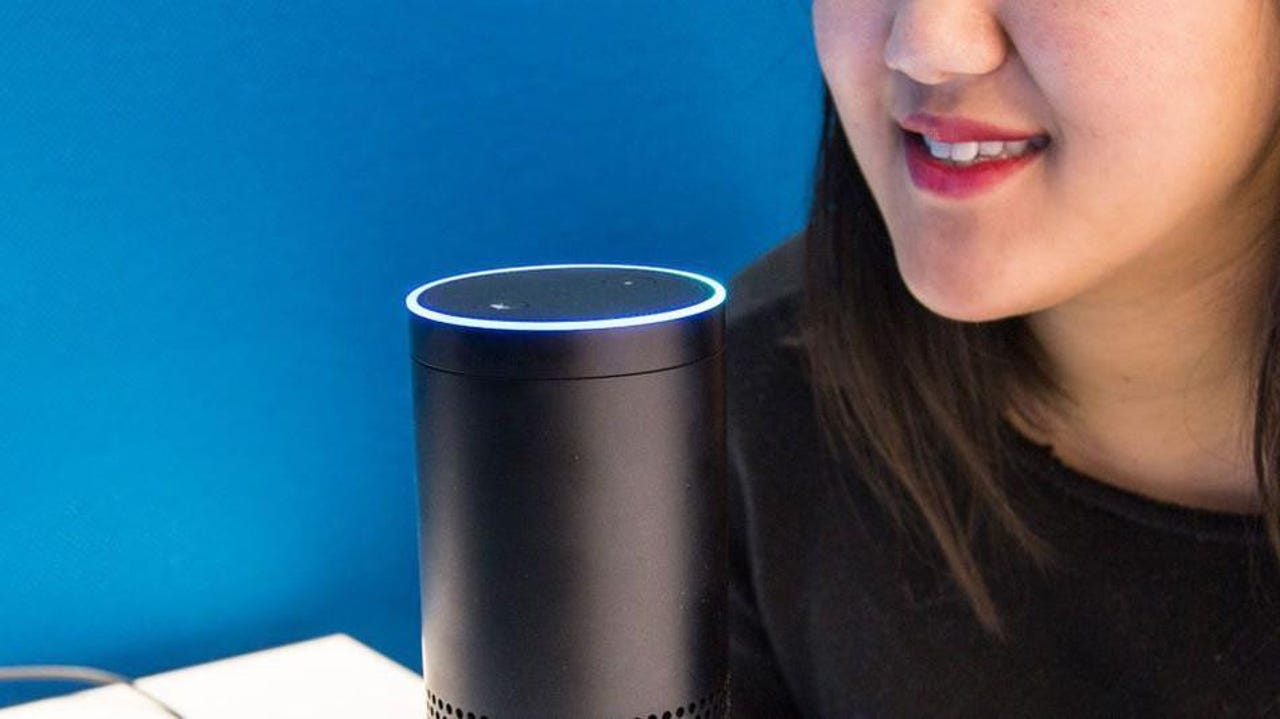Australian developers show growing interest in developing for Alexa: Amazon


Even though Amazon only launched Alexa in Australia last February, there are already 13,000 local developers signed-up and accessing the Alexa Skills Kit (ASK) and Alexa Voice Service (AVS).
Amazon Alexa Skills Australia and New Zealand country manager Kate Burleigh believes the uptake so far signals how sophisticated and inventive the local skill level is when compared to other countries.
"I think engagement in developing with the products, we've just fast tracked," she said.
"The reality is a lot of developers knew the product was around. We hadn't launched to customers until 2018 but the actual Alexa platform launched in 2014.
"At that time, any developer in Australia could easily access that and develop for it, so what we noticed was as soon as we launched here, we had Australian Skills up virtually overnight because they had already published on the US Alexa."
As an example, she pointed to how an independent developer "unbeknownst" to Amazon developed Fuel Watch for Alexa, which she claims meant that "Alexa could now tell me where the cheapest fuel is".
See also: How to become an Alexa developer: A cheat sheet (TechRepublic)
According to Burleigh, Amazon is confident the number of Australian developers currently signed up for ASK and AVS will continue to grow based on the number of developers who continue to learn and test how to invent for voice. She acknowledged how designing for voice is very different when compared to designing for a graphic user interface.
"They're just getting a feel of how to do we interact with voice because the reality is designing for voice is completely different [than] for a graphic user interface," she said, while speaking at CeBIT Australia on Wednesday.
"It feels easy for the customer but it's much harder to design for because you're taking away visual cues. You think about when you put something into a search engine, often it comes up with the wrong answers, but you can scan through the wrong stuff visually and click on the right stuff.
"But with Alexa you always want her to come back with the right answer, otherwise it's just annoying, so you really have to program so many different pathways a customer might take. From that point of view, we're seeing people dabbling."
She also assured that while it's still only early days for voice user interface technology, it's not a fad.
"Voice is here to stay," she said.
"It's fair to say we're right at the beginning … voice is the most natural way for us to get to engage. The reason why science fiction writers came up with the idea before we all have computers in our households and are talking to the computer is because it felt like the first place to start, not the last place … it's another way for us to augment and evolve how we interact with technology."
The former Intel ANZ chief also took the opportunity to attempt to debunk concerns around user privacy and concerns about Alexa listening to people's conversations.
"We really designed Alexa with privacy in mind. At the end of the day, there are customers there and we've got no interest in breaching our customers' privacy. We all know that trust is really one drop in and can be lost in buckets, and we don't want to do that anywhere within our corporate network," she said.
Then again: Alexa and Google Home devices leveraged to phish and eavesdrop on users, again
Burleigh explained how Alexa is only "listening" when the blue ring of light turns on, and when the light turns off, Alexa stops listening.
"That's been designed very specifically so you know that she's now listening and anything you say at that point, she's streaming to the cloud." she said.
Burleigh added users could also view the entire transcripts of every conversation that has been heard by Alexa via the Alexa app, which they could choose to either delete or keep.
"At the end of the day, you're in control of everything that Alexa has heard," she emphasised.
However, earlier this month, security researchers at Security Research Labs uncovered a loophole on Alexa and Google Home that allows hackers to eavesdrop on user conversations without users' knowledge, or trick users into handing over sensitive information.
Security researchers have previously found similar phishing and eavesdropping vectors impacting Amazon Alexa in April 2018; Alexa and Google Home devices in May 2018; and again Alexa devices in August 2018.
Related Coverage
- Alexa and Google Home devices leveraged to phish and eavesdrop on users, again
- Amazon employees listen in to your conversations with Alexa
- Amazon Echo review: Alexa is the first digital assistant that is actually helpful
- New Amazon Echo devices: Prices, release dates, and pre-order info
- This is what happens when Amazon's Alexa decides to take over
- NAB sees Amazon Alexa integration as pointing to the future of banking